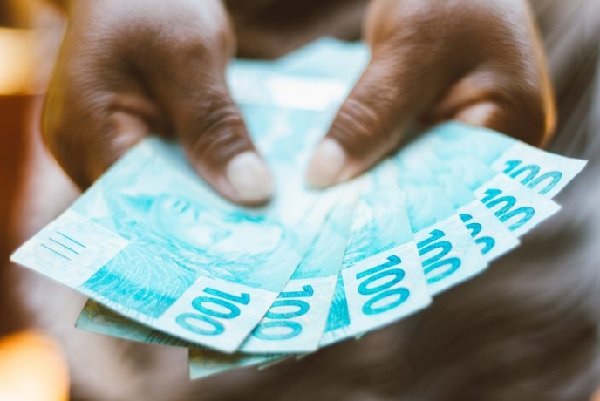The 2024 municipal elections in Brazil have sparked serious concern among party leaders and politicians from across the political spectrum, who report what they describe as an unprecedented surge in illicit campaign financing, widespread vote-buying schemes, and increasingly brazen attempts by organized crime groups to infiltrate the political system. These alarming trends, according to politicians, pose a direct threat to the integrity of the democratic process, raising new questions about the extent to which criminal influence is shaping local politics.
This Content Is Only For Subscribers
To unlock this content, subscribe to INTERLIRA Reports.
Federal Police Records
Evidence of these illegalities appears in records from the Federal Police and the TSE (Superior Electoral Court), was addressed in speeches in the Chamber and the Senate, and has as a backdrop the billions of public funds involved in both the campaigns — R$6.2 billion — and in the parliamentary amendments that supply states and municipalities — more than R$50 billion in 2024.
Speeches
Several politicians gave speeches in the Chamber on the subject, but none of them mentioned names or specific cases, but party leaders make similar reports, privately or publicly.
Amounts Seized
Electoral slush funds consist of the use of money by candidates and parties without declaring it to the Electoral Court. According to the Federal Police, R$50.4 million was seized in 2024 related to electoral crimes, of which R$21.8 million was in cash. These amounts exceed those recorded in the 2022 general elections (R$10 million, of which R$5.5 million was in cash) and those of 2020, the year of the last municipal elections (R$6 million, of which R$1.5 million was in cash).
Criminal Factions
Regarding the infiltration of criminal groups in the electoral process, Senator Davi Alcolumbre (AP) said on Wednesday (16/10), in a session of the Constitution and Justice Committee, that there is direct involvement of criminal factions in political parties in Brazil, in candidacies in Brazil, whether for councilors, vice-mayors or mayors. Alcolumbre is the favorite to return to command the Senate as of February next year.
Glasses with Cameras
A report on Rede Globo’s Fantástico program, broadcast on Sunday (20/10), showed suspicions that in the Pará city of Ourilândia do Norte, voters had sold their votes and gone to the polls wearing glasses with built-in cameras to film the vote at the ballot box. According to the report, the candidate for city councilor Irmão Edivaldo, from the MDB party, was arrested red handed after a poll worker approached a teenage voter who was wearing the device.
Analysis:
The revelations surrounding Brazil’s 2024 municipal elections underscore disturbing trends in electoral corruption and the increasing infiltration of organized crime into politics. With slush funds and vote-buying on the rise, these issues signal that Brazil’s political landscape faces challenges far beyond standard malpractice, posing serious risks to the integrity of its democratic processes. Evidence from the Federal Police and TSE highlights the extent of undeclared campaign finances and illegal tactics, indicating a growing disregard for transparency and accountability.
Organized crime’s encroachment into politics further compounds these threats, as criminal groups seek to influence local governance and evade law enforcement. This infiltration not only compromises the fairness of the electoral process but also disrupts municipal governance by allowing criminal interests to expand their reach under legal cover. In regions where criminal organizations are deeply entrenched, this trend risks destabilizing democratic institutions. For Brazil, addressing these urgent challenges will require stronger regulatory measures, transparent financing reforms, and increased enforcement to protect the electoral system from being co-opted by criminal influence.
Sources: A Folha de SP.




